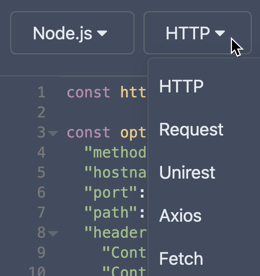
Inability to get their desired amount of sleep can impair a person’s physical and mental function the next day. Some experts view this as a component of sleep maintenance while others consider it separately. Early Morning Awakening InsomniaĮarly morning awakening insomnia involves waking up well before a person wants or plans to in the morning. The fragmented sleep associated with poor sleep maintenance means a decrease in both sleep quantity and quality, creating higher chances of daytime sleepiness or sluggishness. Most often, this means waking up at least once during the night and struggling to get back to sleep for at least 20-30 minutes. Sleep maintenance insomnia describes an inability to stay asleep through the night.

The inability to fall asleep means that a person with insomnia of this nature has reduced total sleep time and can feel the effects of that lack of sleep the next day. Most people with sleep onset problems can’t fall asleep even after spending 20-30 minutes in bed. It is associated with the idea of tossing and turning without actually being able to get to sleep. Sleep onset insomnia describes difficulty falling asleep at the beginning of the night, or in the case of shift workers, whenever they attempt to initiate sleep. These terms may be used informally or as a way for researchers to better categorize and analyze the different ways that insomnia can be experienced. While the sleep disorder of insomnia is principally classified as either short-term or chronic, there are other terms that may be used to describe insomnia. Like short-term insomnia, chronic insomnia occurs in people of all ages and has a higher prevalence in women. Like acute insomnia, it can be tied to stressful situations, but it may also be related to irregular sleep schedules, poor sleep hygiene, persistent nightmares, mental health disorders, underlying physical or neurological problems, medications, a bed partner, and certain other sleep disorders. Inability to get the sleep they need may be persistent or go away and recur with months-long episodes at a time.Ĭhronic insomnia has many potential causes. Some people with chronic insomnia have a long history of difficulty sleeping. Insomnia is considered chronic if a person has trouble falling asleep or staying asleep at least three nights per week for three months or longer. Chronic InsomniaĬhronic insomnia is a long-term pattern of difficulty sleeping. It is more common in women than in men, and it can arise during pregnancy as well as menopause. Short-term insomnia can affect both children and adults. However, short-term insomnia can be persistent and become chronic insomnia. Short-term insomnia is often caused by a stressful life event, such as the loss of a loved one, a disconcerting medical diagnosis, a pandemic, rebounding from cessation of a drug or marijuana, or a major job or relationship change.Īcute insomnia lasts for less than three months, and symptoms may fade on their own as time passes and a person copes with the stressful incident that gave rise to their sleeping problems.

There are two main types of insomnia: Short-Term InsomniaĪlso known as acute insomnia or adjustment insomnia, this is a brief episode of difficulty sleeping.

People can be affected by insomnia in different ways, and distinguishing between forms of the condition can be useful for both health professionals and people with insomnia.


 0 kommentar(er)
0 kommentar(er)
